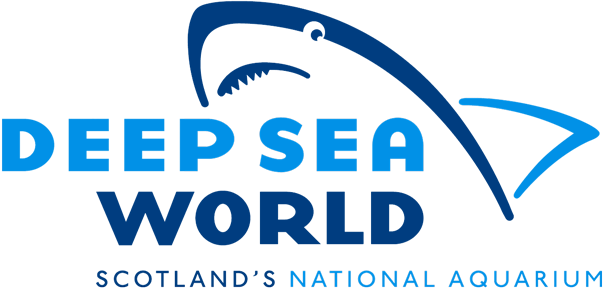A 400-strong shoal of seabass is settling in to its new home at Deep Sea World, Scotland’s national aquarium.
The giant shoal, which has a total biomass in excess of 200 kilograms, are all captive bred and were reared at a local marine fish hatchery on the west coast of Scotland.
They were transported in special tankers to the North Queensferry wildlife attraction.
After spending time in quarantine, they were released in to their 4.5-million-litre Underwater Safari display – the largest tank of its kind in the UK.
The bass, which are around four years old, currently weigh about 500 grams and measure approximately 30cms in length.
However full grown individuals can exceed a metre in length and weigh 15 kg.
Deep Sea World’s Michael Morris said: “To see that many fish together really is quite a sight.
“We kept them under observation initially in our quarantine unit but they are all in excellent condition and are now settling in well to their spacious new home in our Underwater Safari display.
“It reinforces the sheer size of the display that such a large shoal of fish can be so easily accommodated alongside the sharks, stingrays and other fish species,” he added.
Seabass are found in the waters around Europe from Norway to Senegal, as well as in the Mediterranean Sea, and the Black Sea.
In the wild they live in estuaries, lagoons, coastal waters, and even rivers. They mostly feed at night, hunting small fish, squid, octopus and crustaceans.
Seabass was one of the first types of fish, after salmon, to be farmed commercially in Europe.
They were historically cultured in coastal lagoons and tidal reservoirs, before mass-production techniques were developed starting in the late 1960s. Annual production was more than 120,000 tonnes in 2010.
Issued by Deep Sea World. For more information and to arrange picture and interview opportunities please contact Kerry Myers or Michael Morris on 01383 411880 ext 101.
